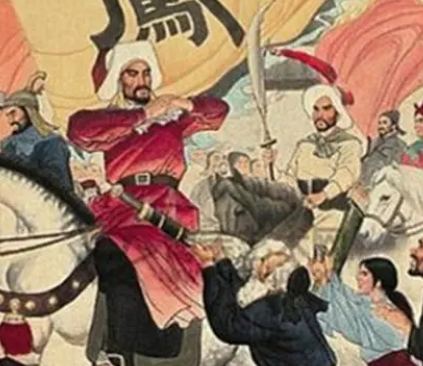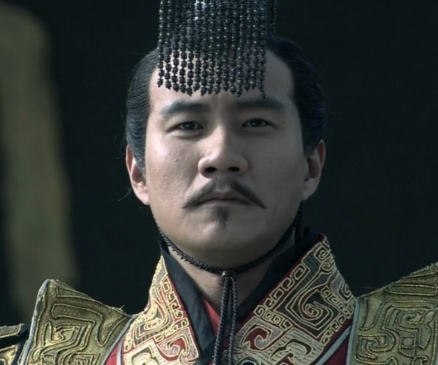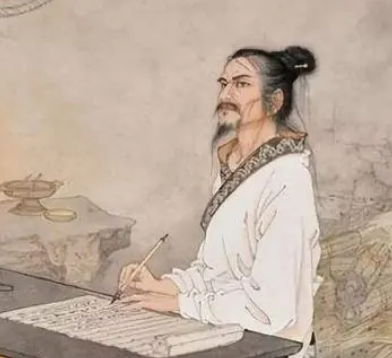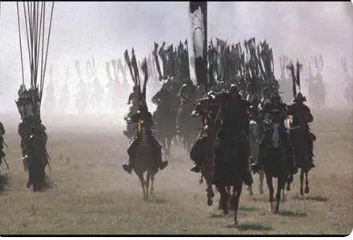In the late Ming Dynasty, the peasant uprising leader Li Zicheng led his army to sweep through the country and ultimately overturned the corrupt Ming Dynasty. However, there was a puzzling phenomenon in this army: Li Zicheng's army never taxed grain. So, how did they maintain the operation of their army? This article will explore the way of maintaining the army behind Li Zicheng's non-taxation of grain based on historical materials.

Sources of Military Funds
1. Land Reform
During the land reform, Li Zicheng's army implemented the "equal field system," distributing land to farmers so that they had their own fields. As a result, farmers joined Li Zicheng's army in droves to protect their land and livelihood. This land reform not only benefited the farmers but also provided a steady stream of recruits for Li Zicheng's army.
2. Levying Protection Fees
After occupying a place, Li Zicheng's army would levy protection fees from local wealthy merchants and businessmen. These protection fees became the main source of economic income for the army. At the same time, this practice also gained some support from the local populace to a certain extent.
3. Plundering War Booty
In battles, Li Zicheng's army would seize enemy property and provisions. These war booties provided abundant supplies for the army, enabling it to receive timely reinforcements during battles.
Army Management
1. Strict Discipline
Li Zicheng's army had strict discipline, strictly prohibiting the plundering of civilians. This gave the army a good image among the people and gained their support. At the same time, strict discipline also ensured the army's combat effectiveness.
2. Selection System
Li Zicheng's army implemented a selection system, selecting capable and talented individuals to serve as generals. This selection system allowed the talents in the army to be fully utilized, improving the overall combat effectiveness of the army.
Conclusion
In summary, Li Zicheng's army was able to maintain its operations without taxing grain mainly through raising military funds through land reform, levying protection fees, and plundering war booty. At the same time, strict discipline and management mechanisms also provided a guarantee for the stable development of the army. This way of maintaining the army, under the special circumstances of the time, won strong combat effectiveness for Li Zicheng's army and ultimately overthrew the corrupt Ming Dynasty.
Disclaimer: The above content is sourced from the internet and the copyright belongs to the original author. If there is any infringement of your original copyright, please inform us and we will delete the relevant content as soon as possible.
































